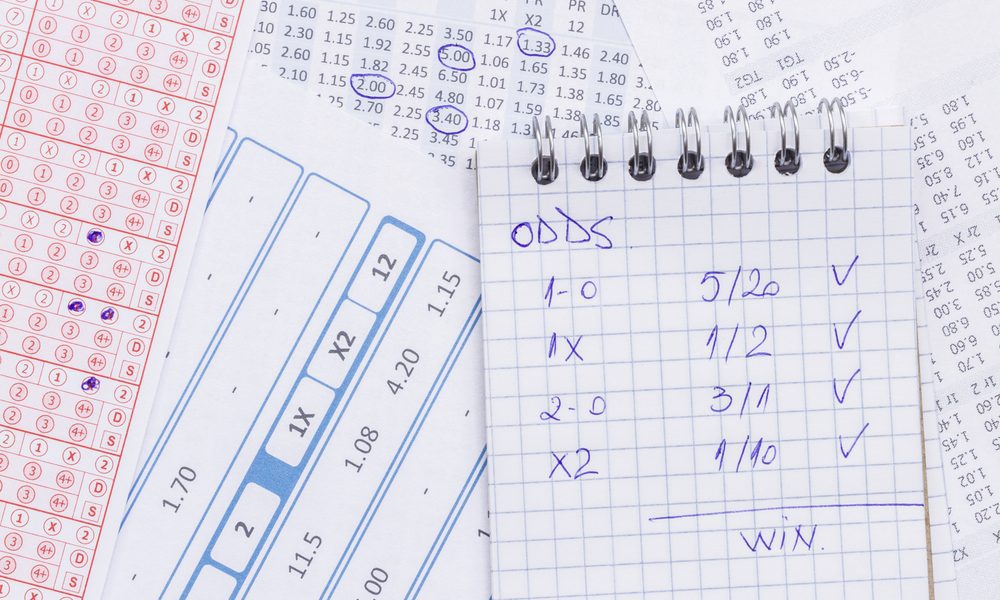Recently, I was having dinner with a friend who was in London on his way back to the United States, having taken a vacation in the Cotswolds, a beautiful area of England.
During our meal, he mentioned that he had experienced an amazing coincidence. He and his wife were having dinner in a pub in the Cotswolds and heard a voice they thought they recognised coming from another room. They investigated and sure enough, the voice belonged to the wife of my friend’s former employee. All three of them thousands of miles from home.
I, too, experienced something similar, but as a child, travelling by car with my family in Europe. My father was an absent-minded-professor type and we found ourselves in East Germany, heading for the border on a Sunday, running out of petrol and without enough currency to buy any, only travellers’ cheques. In those days, East Germany was very strict and unlike western European countries, it was impossible to exchange travellers’ cheques anywhere other than government exchange bureaus, which were closed on Sundays.
We went into a café in a vain attempt to see if the owner might be persuaded to exchange our travellers’ cheques. Unsurprisingly, the owner was not at all cooperative. Then, who should walk into the café but an au pair who had spent a year with us a decade previously. She was German, but from Dusseldorf, in the northwest part of the country. She was also miles from home. Luckily, she was willing to lend us some money and were able to continue on our way home.
Well, what are the odds of meeting someone you know, not at a convention or exhibition, but in a most unexpected place happening? The odds of this happening must be bigger than we think, because it does happen.
If you think of all of the people that you know and the amount of time you spend away from home (with me, it is a lot), it is hardly surprising that at some point, you might bump into someone you know somewhere completely unexpectedly. Of course, because it is so unexpected, it stands out in your memory. And because it does, you recount the tale to others, who will be equally amazed by the coincidence.
Two things are happening here. The first is the lack of understanding the probability of a coincidence like this and the second is a bias for remembering things that stand out.
Trying to calculate the probability would take someone who understands mathematics much better than I do. But clearly, the probability is larger than we might guess. Things like this happen all the time, but it is almost impossible to predict prior to the event. In other words, if before going on a trip I was to say, “On this trip, I am going to meet someone I know from years ago in place where we will both be miles from home”, the odds of that prediction coming true are vanishingly small.
More probable, but still improbable, would be my predicting that I would experience an “amazing coincidence” prior to leaving on a business trip. But that’s not what happened. This was not a prediction prior to an event, but a retelling post the event.
It is similar to a lottery draw. Usually, someone will win, unless it is a rollover. The person who won has a story to tell, but prior to the draw, someone predicting the exact person who will win is as probable as … winning the lottery!
Humans are reasonably good at counting things, but a good understanding of probability is beyond most of us. We tend to think things happen for a reason, rather than sheer coincidence or a bias in remembering and because we don’t understand, we put a story to it.
Another shortcoming is when information is presented to prove a point, we may be somewhat cynical, but we do not know what questions to ask that would either confirm the point or disprove it.
For example, studies of twin siblings have been used to try to find an answer to the nature-versus-nurture debate. Identical twins have exactly the same DNA and, if they are unfortunate to be separated at birth, they are ideal candidates to study whether it was their genetic make-up, their upbringing, or both that made them who they are.
A famous case in the U.S. involved two 39-year-old identical-twin brothers, separated at birth.
- both were named James
- both had been married twice
- both had a first wife named Linda and a second named Betty
- both drove a Chevrolet
- both preferred the same beer (Miller Lite)
- both smoked the same brand of cigarette (Salem)
- one had a son, James Alan, and the other James Allen
- both had a dog named Toy!
Clearly, most of these have nothing to do with genetics or upbringing. Perhaps, although it is dubious, the common taste for Salem cigarettes and Miller Lite beer might have something to do with their DNA. But what we do not know is how many questions were asked of these two men. Had two unrelated people been picked at random and subjected to a barrage of a thousand or more questions, I am sure we could find eight similarities.
The moral to of all this is to expect the unexpected and when presented with the unexpected, be sceptical!


